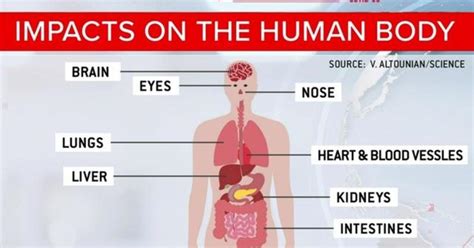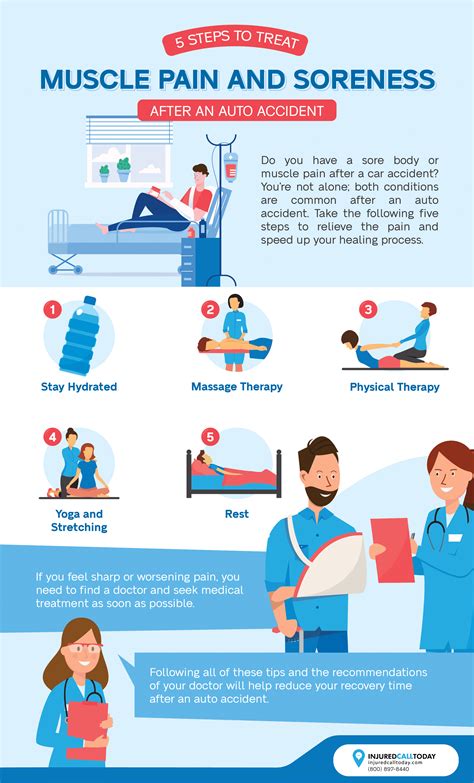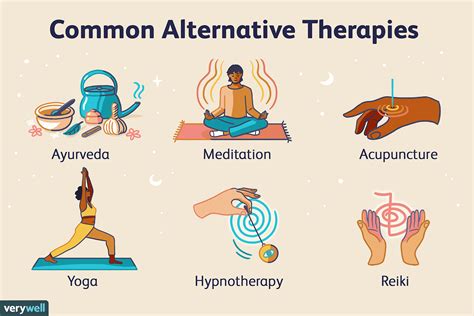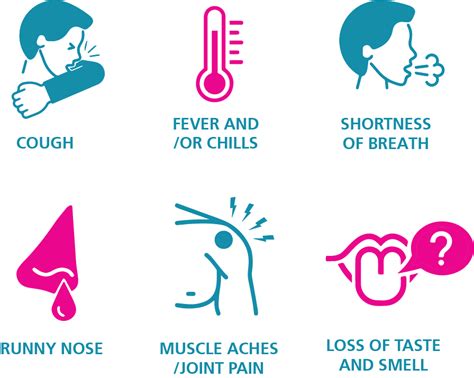Intro
The COVID-19 pandemic has brought about a plethora of challenges, from disrupting daily routines to causing a range of physical symptoms. One of the most common complaints among those who have contracted the virus is the experience of body aches. These aches can range from mild to severe and can significantly impact an individual's quality of life. Understanding the causes and finding effective ways to manage these aches is crucial for recovery and comfort. Body aches associated with COVID-19 can stem from the body's immune response to the virus, inflammation, and in some cases, the virus itself affecting various bodily systems.
The experience of body aches can vary widely among individuals. Some may feel a general soreness, similar to what one might experience after a strenuous workout, while others may have more localized pain, such as backaches or headaches. The severity and duration of these aches can also differ, with some people experiencing them for only a short period during their illness, while others may have prolonged discomfort. Given the variability in symptoms, it's essential to approach each case with a personalized plan for managing pain and discomfort.
Managing body aches effectively is not only about alleviating the immediate discomfort but also about supporting the body's recovery process. When the body is focused on fighting off an infection, it needs all the support it can get to recover efficiently. This includes ensuring adequate rest, maintaining a balanced diet, staying hydrated, and employing strategies to reduce pain and inflammation. By taking a holistic approach to managing COVID-19 body aches, individuals can potentially reduce the severity of their symptoms, support their immune system, and enhance their overall recovery.
Understanding COVID-19 Body Aches

Causes of Body Aches
The causes of body aches in COVID-19 patients can be multifaceted. They include: - The body's immune response and the resulting inflammation. - Direct viral infection of muscles and other tissues. - Dehydration and electrolyte imbalances. - Lack of physical activity and movement. - Psychological factors such as stress and anxiety.Strategies for Easing Body Aches

Over-the-Counter Pain Relievers
Over-the-counter pain relievers such as acetaminophen (Tylenol) and ibuprofen (Advil, Motrin) can be effective in managing body aches. However, it's crucial to follow the recommended dosage and consult with a healthcare provider, especially if you have any underlying health conditions or are taking other medications.Importance of Rest and Hydration

Role of Nutrition and Supplements
A balanced diet rich in fruits, vegetables, whole grains, and lean proteins can support the immune system and aid in recovery. Certain supplements, such as vitamin C, zinc, and probiotics, may also help in boosting immunity and reducing the severity of symptoms. However, it's important to consult with a healthcare provider before starting any new supplements to ensure they are safe and appropriate for your specific situation.Alternative Therapies for Body Aches

Benefits of Mind-Body Therapies
Mind-body therapies offer several benefits, including reduced stress and anxiety, improved mood, enhanced sleep quality, and increased feelings of relaxation and well-being. By incorporating these therapies into a comprehensive management plan, individuals can potentially experience significant relief from COVID-19 body aches and support their overall recovery.Preventing Body Aches in COVID-19

Vaccination and Public Health Measures
Vaccination against COVID-19 is one of the most effective ways to prevent infection and, by extension, body aches associated with the virus. Additionally, public health measures such as mask-wearing, social distancing, and frequent handwashing can significantly reduce the risk of transmission.Conclusion and Future Directions

Call to Action
If you or someone you know is experiencing body aches due to COVID-19, it's essential to reach out to a healthcare provider for guidance and support. By working together and staying informed, we can improve outcomes and enhance the quality of life for those affected by this virus.What are the most common causes of body aches in COVID-19 patients?
+The most common causes of body aches in COVID-19 patients include the body's immune response, direct viral infection of muscles and other tissues, dehydration, lack of physical activity, and psychological factors such as stress and anxiety.
How can I manage body aches associated with COVID-19?
+Management strategies for COVID-19 body aches include over-the-counter pain relievers, rest, hydration, warm baths, gentle stretching, and maintaining a healthy diet. It's also important to consider supplements that support immune function and reduce inflammation, under the guidance of a healthcare provider.
Can alternative therapies help with COVID-19 body aches?
+Yes, alternative therapies such as acupuncture, massage, and mindfulness practices like meditation and yoga can provide relief from body aches. These therapies focus on promoting relaxation, reducing stress, and enhancing the body's natural healing processes.
In conclusion, managing body aches associated with COVID-19 requires a comprehensive approach that includes understanding the causes, employing effective management strategies, and preventing infection. By staying informed, reaching out for support when needed, and working together, we can improve outcomes and enhance the quality of life for those affected by this virus. We invite you to share your experiences, ask questions, and engage in discussions on this topic, as collective knowledge and support are key to navigating the challenges posed by COVID-19.
